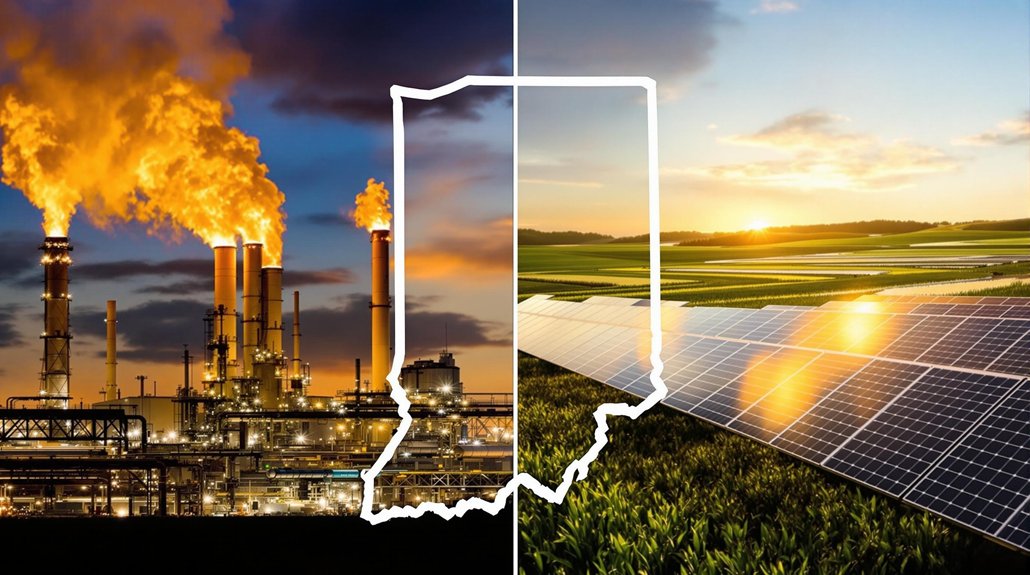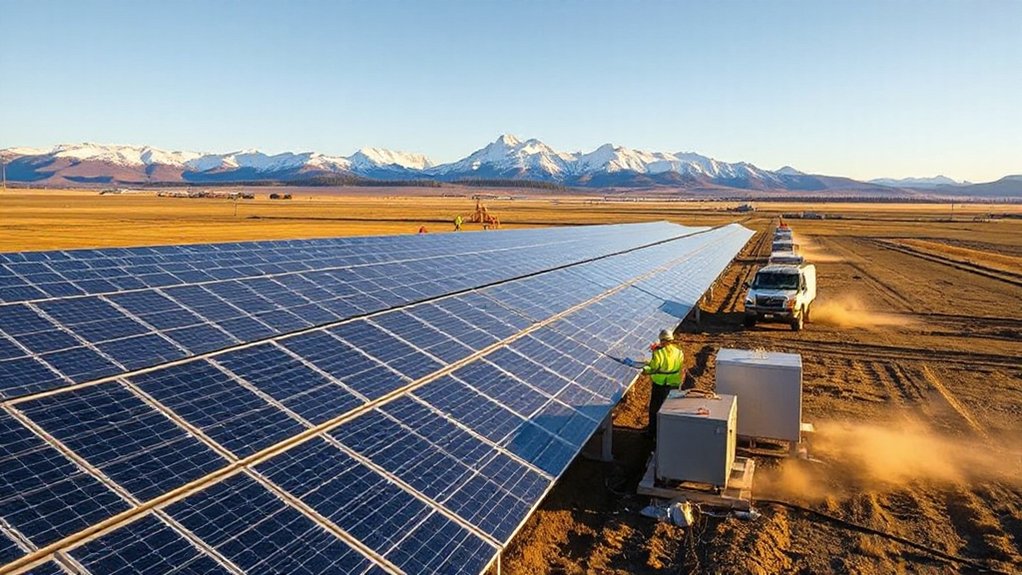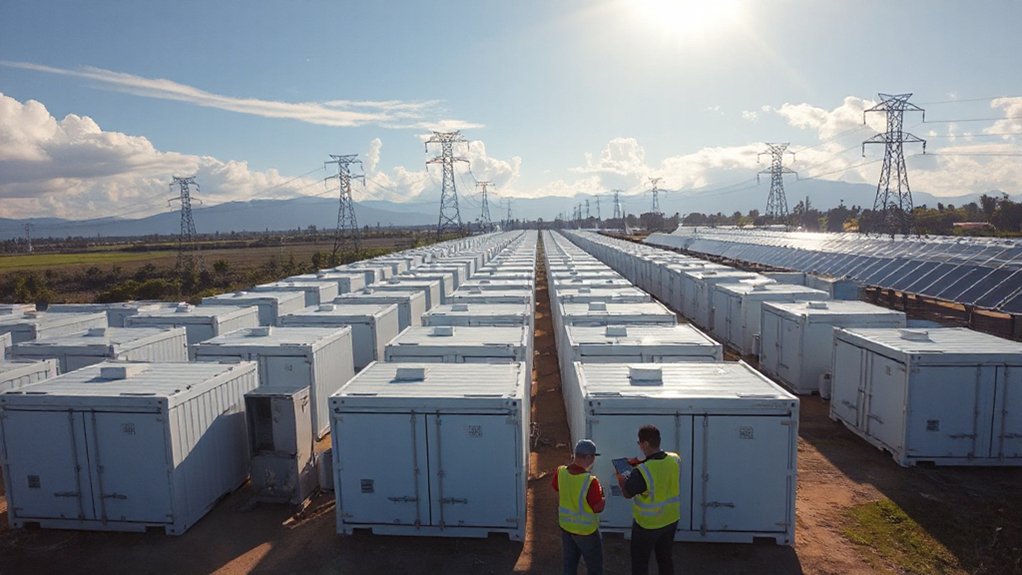Indiana’s Senate Bill 178 has sparked debate across the state. The new law redefines natural gas and propane as “clean energy resources,” despite scientific consensus about methane’s potent greenhouse gas effects. Supporters claim this classification will boost local economies and help secure federal funding. Critics argue it contradicts U.S. Department of Energy standards and may slow renewable energy adoption. The decision raises important questions about how states should balance economic interests against environmental concerns in the shift to cleaner energy.
While many states push toward renewable energy sources, Indiana has taken a different approach by working to classify natural gas and propane as clean energy. The Indiana Senate recently passed Senate Bill 178, which aims to redefine these fossil fuels as clean energy resources, putting them in the same category as wind, solar, and hydropower.
The bill’s supporters say this change will help Indiana align with federal programs and qualify for green energy development grants. They also argue that it will support the state’s local energy economy and existing infrastructure.
However, environmental advocates are raising concerns about this redefinition. They point out that it doesn’t match the U.S. Department of Energy’s clean energy definitions, which typically exclude fossil fuels. A key issue is methane, a byproduct of natural gas production and use. Methane is 28 times more potent as a greenhouse gas than carbon dioxide, making its environmental impact significant.
Methane’s potency as a greenhouse gas undermines any claim that natural gas qualifies as clean energy.
Indiana’s current code defines clean energy resources to include renewables like wind and solar, as well as other technologies such as hydrogen, energy storage, and advanced waste-to-energy conversion. The new bill would expand this list to include natural gas and propane.
The Indiana law follows a similar path taken by Ohio, which passed comparable legislation in 2022 to help companies meet Environmental, Social, and Governance (ESG) standards. The bill was authored by Sen. Buck from Kokomo, who drew inspiration from Ohio’s approach to energy classification. Critics worry that Indiana’s approach could limit the state’s ability to participate in federal clean energy funding programs that have stricter definitions.
Environmentalists fear that this reclassification could slow Indiana’s shift to truly renewable energy sources. They argue that labeling fossil fuels as “clean” might discourage investment in wind, solar, and other zero-emission technologies, potentially setting back efforts to combat climate change. This legislation appears to contradict the global trend toward reducing carbon footprint from energy production, as nonrenewable energy sources account for over 75% of global emissions. This law could lead to stranded investments as other states and the federal government move away from natural gas and other fossil fuels.
The law reflects an ongoing tension between supporting traditional energy industries and addressing the urgent need to reduce greenhouse gas emissions.









